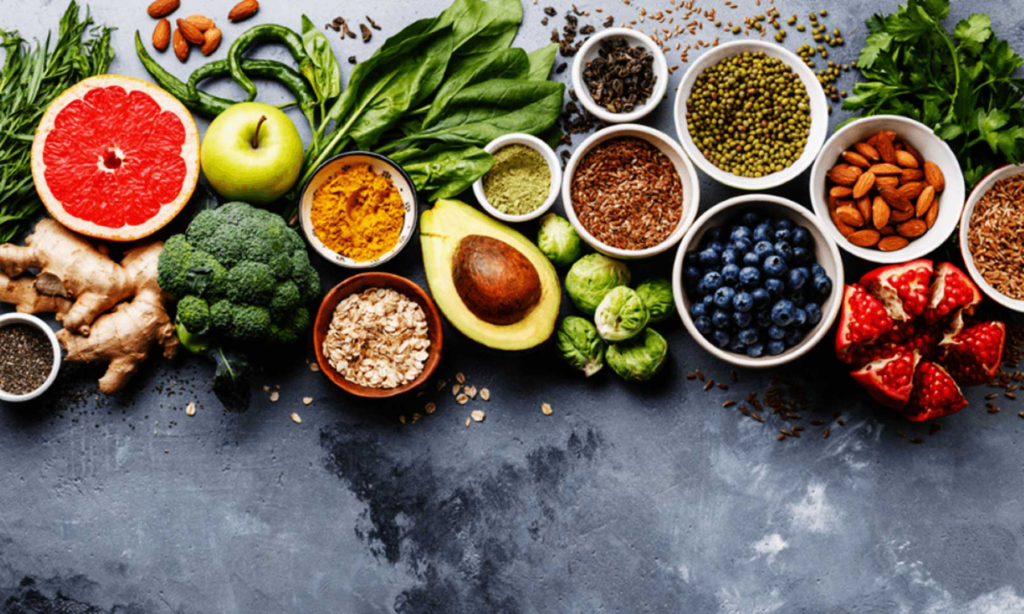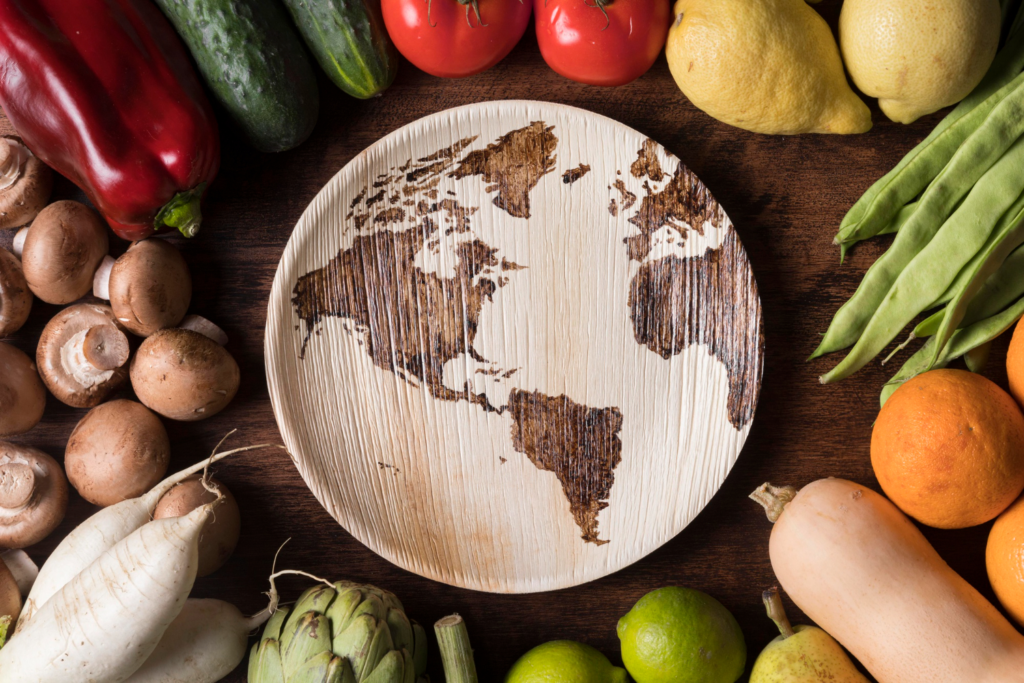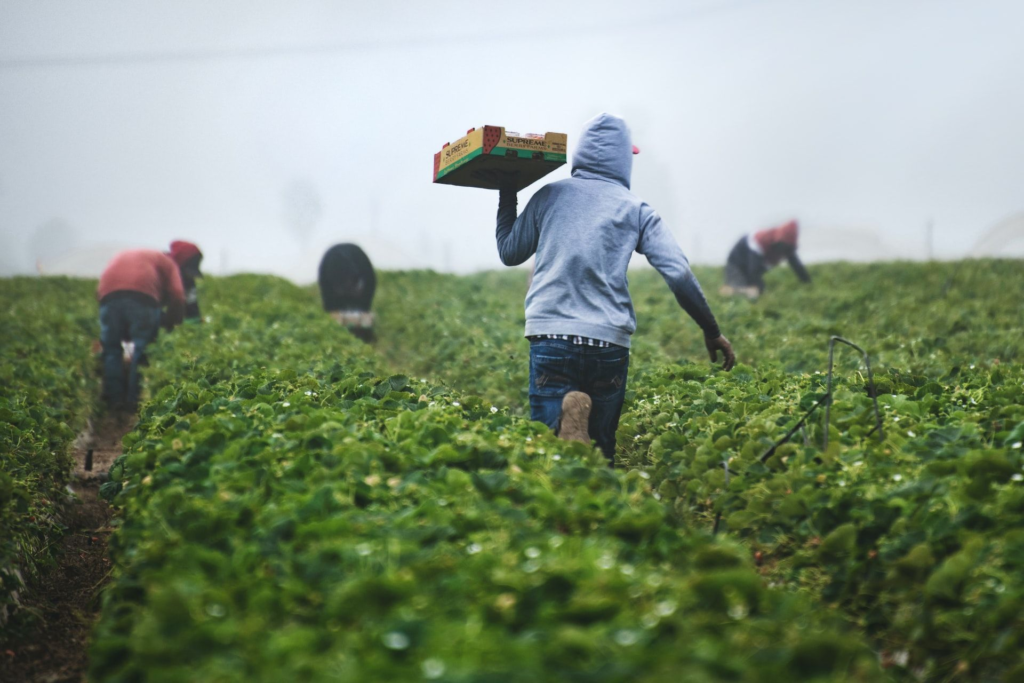In today’s world, our eating habits impact not only our individual health but also the future of our planet. Healthy and sustainable eating refers to an approach that protects both our bodies and the Earth. This type of eating emphasizes a lifestyle that respects the balance of nature, focuses on local and seasonal products, minimizes animal-based resources, and reduces waste to the minimum.
The Basics of Healthy Eating

Healthy eating means consuming a balanced and adequate amount of nutrients. This is possible through a diet that includes all the necessary vitamins, minerals, proteins, fats, and carbohydrates that the body needs. However, healthy eating is not only limited to physical health; it also supports mental and emotional well-being. To achieve this balance, it’s important to consume a variety of foods, practice portion control, and avoid highly processed foods.
Fresh fruits and vegetables, whole grains, healthy fats, and adequate protein sources are the cornerstones of a healthy diet. Fruits and vegetables provide the fiber, vitamins, and minerals that the body needs. Whole grains help regulate energy levels and keep you feeling full for longer. Healthy fats support brain function, while protein sources are essential for muscle and tissue repair.
Sustainable Eating: Protecting the Planet

Sustainable eating is a way of eating that preserves the planet’s natural resources, minimizes environmental impact, and ensures that these resources will continue to be available in the future. This approach involves being environmentally responsible in all stages of food production and consumption.
The first step is to choose local and seasonal foods. Local products have a lower carbon footprint because they don’t travel long distances and they support regional economies. Seasonal products require less energy and fewer agricultural chemicals because they are grown under natural conditions.
Reducing the consumption of animal products is also a key part of sustainable eating. The production of meat and dairy has a significant environmental impact, particularly in terms of water consumption and greenhouse gas emissions. A plant-based diet is a powerful alternative to reduce these effects. Additionally, plant-based foods require less energy and water and help maintain soil health.
Preventing Waste: Small Steps, Big Differences

Food waste is a significant issue both environmentally and ethically. Approximately one-third of the food produced is wasted, but this waste can be prevented through individual efforts. Simple steps like buying only what you need, storing food properly, and repurposing leftovers can greatly reduce waste.
Additionally, by planning meals and controlling portion sizes, you can protect both your budget and the planet. Composting food waste is another sustainable solution that enhances soil fertility.
A Cultural Perspective: The Power of Traditional Cuisines

Sustainable eating also involves returning to traditional cuisines. Many cultures have diets that are in harmony with nature, relying on local and seasonal foods. For example, the Mediterranean diet is a model of healthy and sustainable eating, emphasizing vegetables, olive oil, and whole grains. Japanese cuisine, on the other hand, promotes eating seafood and fermented foods while also maintaining environmental balance.
By drawing inspiration from traditional cuisines, it’s possible to create a diet that is both healthy and sustainable. These cuisines contain knowledge and experiences passed down through generations, teaching us how to make the best use of the resources nature offers.
Investing in the Future: A Healthy and Sustainable Lifestyle

Healthy and sustainable eating is not just a personal choice; it is one of the most valuable legacies we can leave for future generations. The dietary decisions we make today shape the world of tomorrow. Therefore, it is vital to adopt a healthy and sustainable eating style to take care of both ourselves and our planet.
Remember, a healthy and sustainable lifestyle begins with small steps. Eating local and seasonal foods, preventing waste, and leaning toward a plant-based diet are just a few of the initial steps on this path. With small changes, it is possible to make a big difference. This difference positively impacts both our health and the planet in the long run. So, every meal and every bite is a step toward a healthier and more sustainable world.


